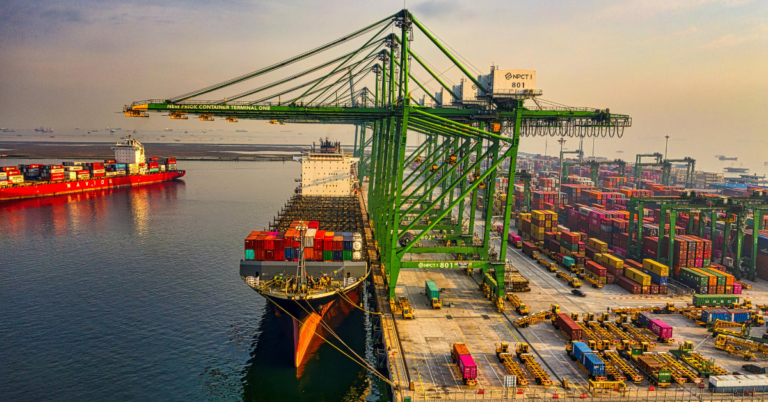Public liability insurance is a crucial coverage for any business that interacts with the public.
It provides protection against claims made by third parties for injury or damage caused by your business operations.
Whether you run a retail store, offer services, or manage a restaurant, accidents can happen, and public liability insurance helps shield your business from the financial fallout of such incidents.
For example, if a customer slips and falls in your store or a contractor damages property while working on your premises, this insurance can cover legal costs and compensation claims.
Without it, your business could face significant financial strain from lawsuits and settlements.
What is the meaning of public liabilities?
Public liabilities refer to the financial obligations or responsibilities that a business or individual may face as a result of claims made by third parties.
These liabilities typically arise from accidents, injuries, or damages caused to others due to the business’s operations, products, or services.
What are the risks of public liability insurance?
While public liability insurance provides crucial protection for businesses, there are some risks and limitations associated with it:
- Coverage Limits: Policies have limits on the amount they will pay out for a claim. If a claim exceeds these limits, the business could be responsible for covering the difference.
- Exclusions: Public liability insurance may not cover all types of incidents. Common exclusions include damage to your own property, employee injuries (which are usually covered by workers’ compensation), and claims arising from intentional misconduct.
- Claims Process: The process of filing and resolving claims can be complex and time-consuming. Businesses may face delays in receiving compensation or disputes with the insurer over the claim amount.
- Premium Costs: The cost of premiums can vary based on the type of business, risk factors, and coverage limits. For high-risk businesses, premiums can be substantial, affecting overall profitability.
- Legal and Compliance Issues: If not managed properly, businesses might find themselves in legal disputes or non-compliance with regulations, which can complicate claims and potentially result in denied coverage.
- Reputation Damage: Even with insurance, the incident leading to a claim could damage a business’s reputation, which may impact customer trust and future business prospects.
The Best Options for Cheap Car Insurance in Texas
Car Insurance Costs in Nigeria: How Much for Basic, Third Party, and Cheapest Options?
Tips for Comparing Insurance Quotes and Saving Money
Why Public Liability Insurance Matters for Business?
Public liability insurance is essential for any business because it helps protect you from the financial fallout of accidents and mishaps that involve third parties.
Imagine you own a small café, and one day a customer slips on a wet floor and gets injured.
Without public liability insurance, you could be on the hook for their medical expenses, legal fees, and potential compensation claims, which could be financially devastating.
This type of insurance covers such claims, ensuring that your business isn’t overwhelmed by unexpected costs.
It also provides peace of mind, knowing that you’re prepared to handle situations where someone could hold your business liable for their injuries or property damage.
For instance, if a contractor accidentally damages a client’s property while working on your premises, public liability insurance can help cover the repair costs and legal expenses.
In short, public liability insurance is crucial because it shields your business from the potentially enormous costs of legal claims, allowing you to focus on running your business with confidence and security.

Hey, I’m Ratiranjan Singha, the Creator of Myworldstuffs.com. I Offer in-Depth Articles and Guides that Help you to Understand Various Financial Concepts.










